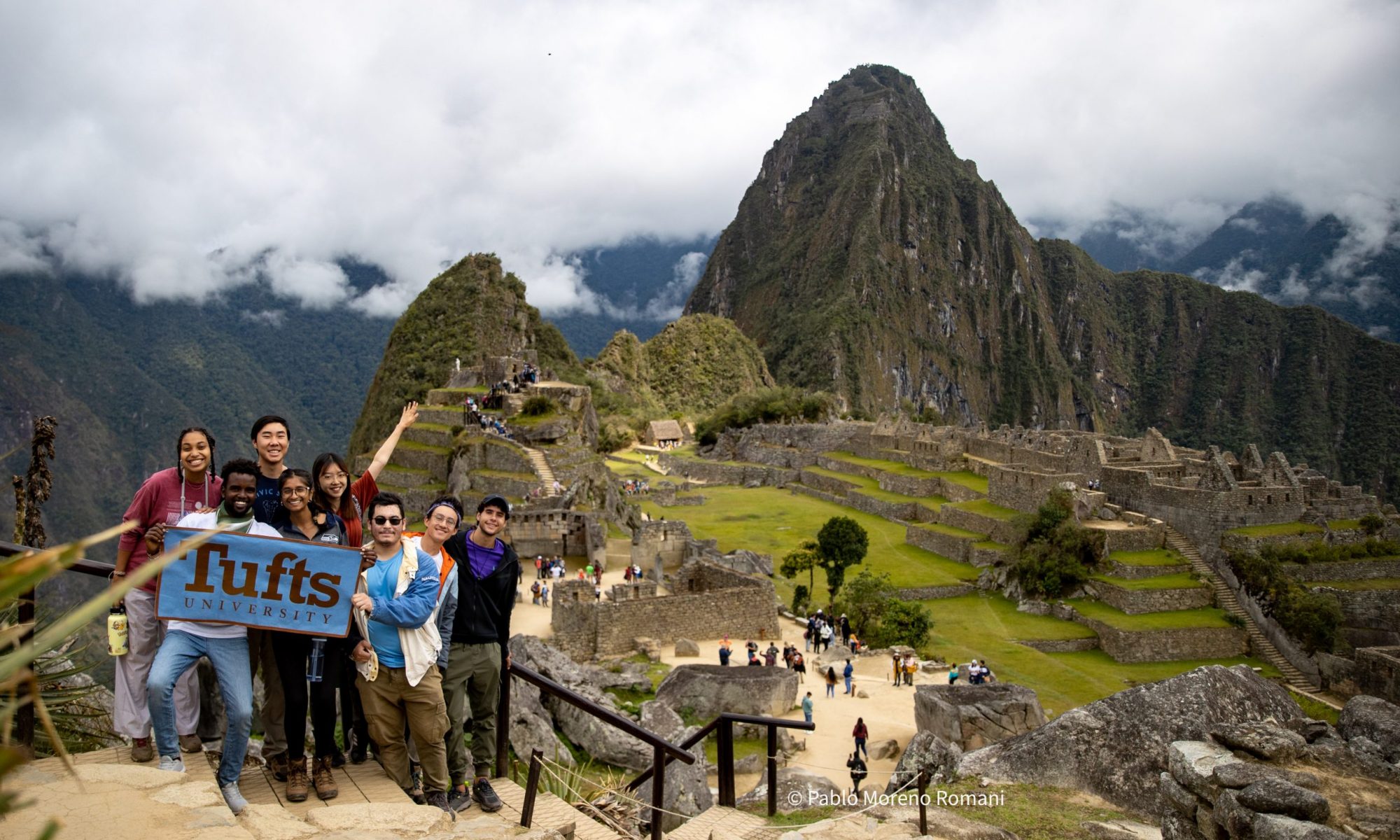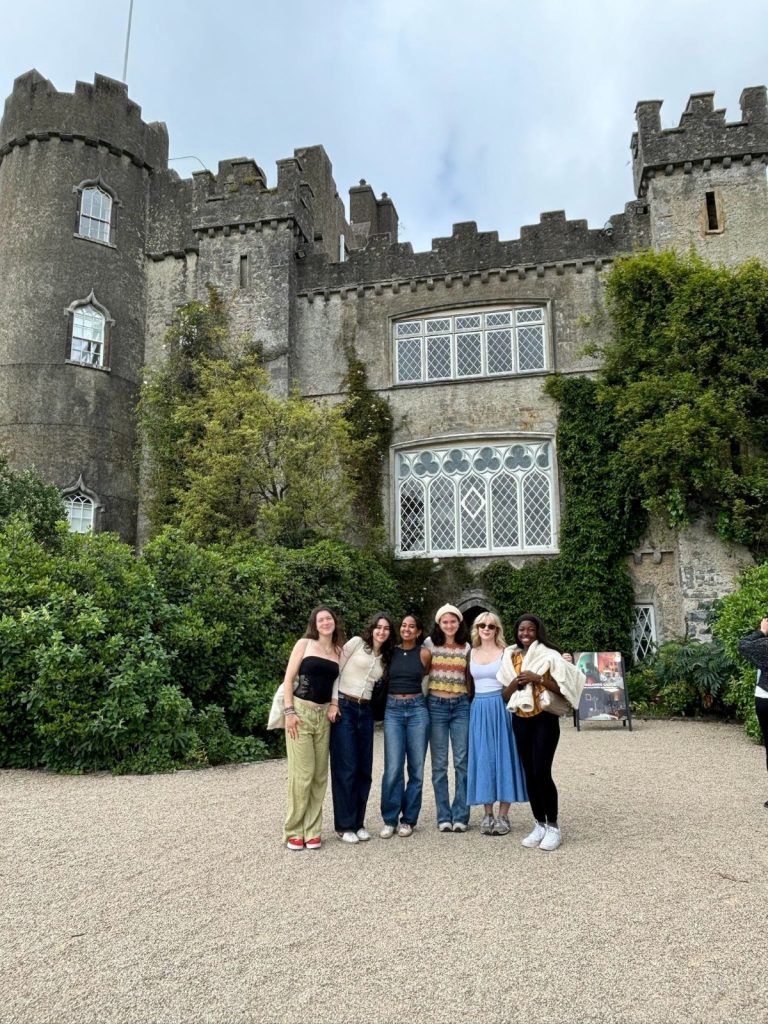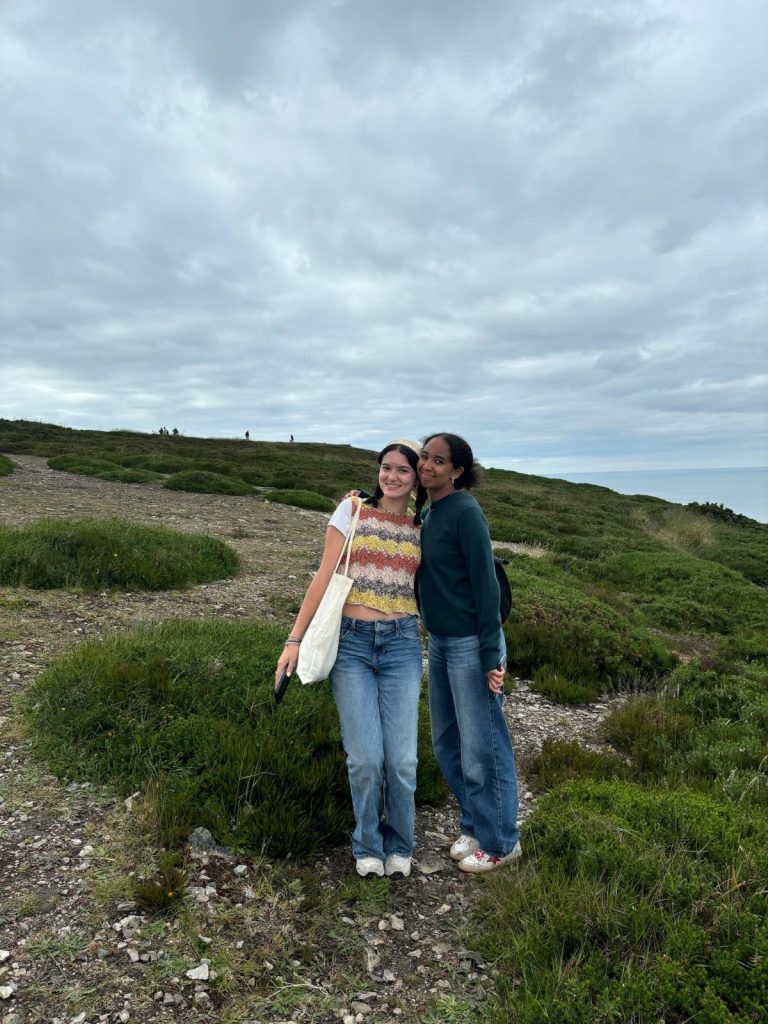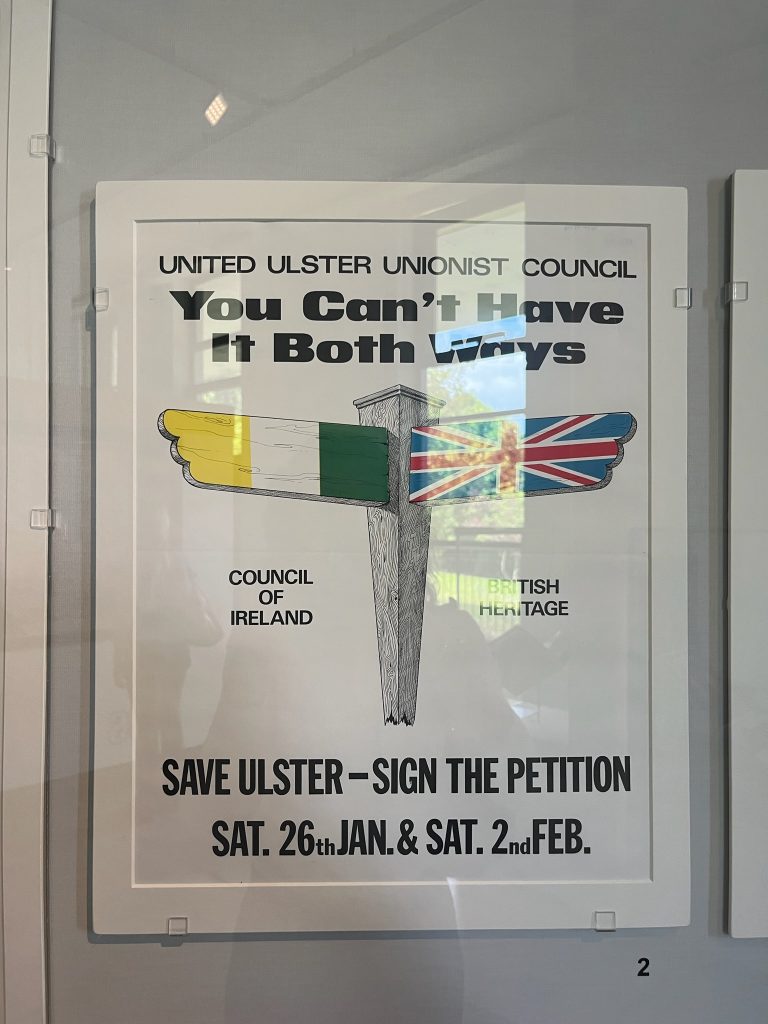by María Martinez Meza
On June 23, 2024, I found myself driving through the streets of Luanda, travelling from Luanda International Airport to the apartment I would call home for the next month. Just a few months earlier, I would have been in disbelief if told that I would be interning for the UFOLO Centre for Good Governance. Unsurprisingly, the experience proved to be life-changing.
The UFOLO Centre for Good Governance is a NGO that aims for the betterment of Angolan society through inclusion, democracy, and responsible governance. Their projects focus on mobility struggles related to education, human rights training within prisons, and active condemnation of corruption.
Living in Angola while I worked with UFOLO allowed me to immerse myself in the culture and work from a more informed and involved standpoint. In my daily life in Angola, I witnessed drastic wealth disparities caused by corruption, inadequate educational infrastructure, and, above all, the inextinguishable spirit and love for their country among Angolan people. In the UFOLO office, I put my experiences and observations to practice and engaged in conversations about the role of corruption in the state of Angolan society; the impact of the country’s long drawn violent war on the country’s economy; the indispensable role that art plays in the country’s fight for human rights. Participating in this process under the guidance of people who have dedicated their life to Angola, and who are fearless in the face of government backlash, made the experience even more transformative.
Although my focus was on Angola, this experience also gave me a more nuanced understanding of the struggles faced by the African continent and the Global South as a whole. I compared my experience in Angola with my previous experiences in Tanzania, identifying similarities and differences between their current struggles and examining them in their respective historical contexts. Furthermore, observing the parallels between Angolan struggles and the challenges I grew up facing in El Salvador deepened my understanding of colonialism, imperialism, and the fight towards self determination.
A vital part of my experience as an Oslo Scholar was attending the Oslo Freedom Forum. There, I was surrounded by individuals who have devoted themselves to the fight for human rights and democracy, which made me eager to follow in their footsteps. This gave me the push I needed to become more determined in my own fight to denounce the worsening situation in my home country. Not only did the Oslo Freedom Forum introduce me to admirable people, but it also humanised them by allowing me to exist in the same space as they did. Additionally, I connected with a group of passionate and determined peers my age. Suffice it to say, my experience this summer has filled me with a new, brighter, and more irrepressible spark.




